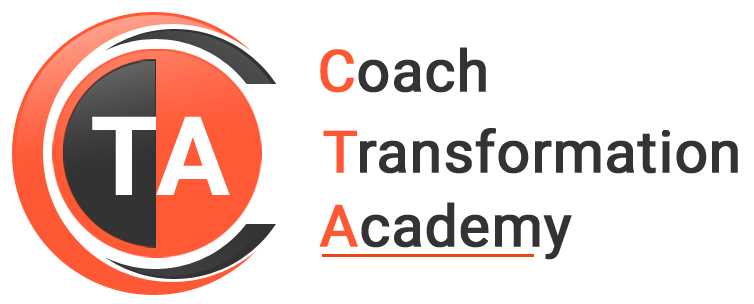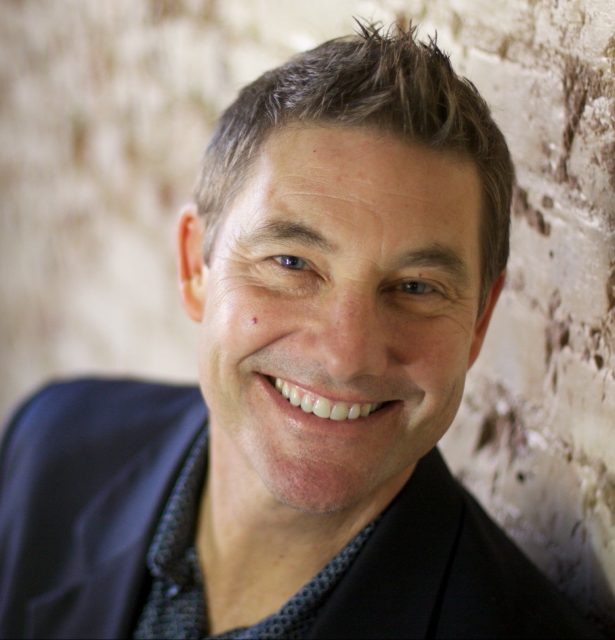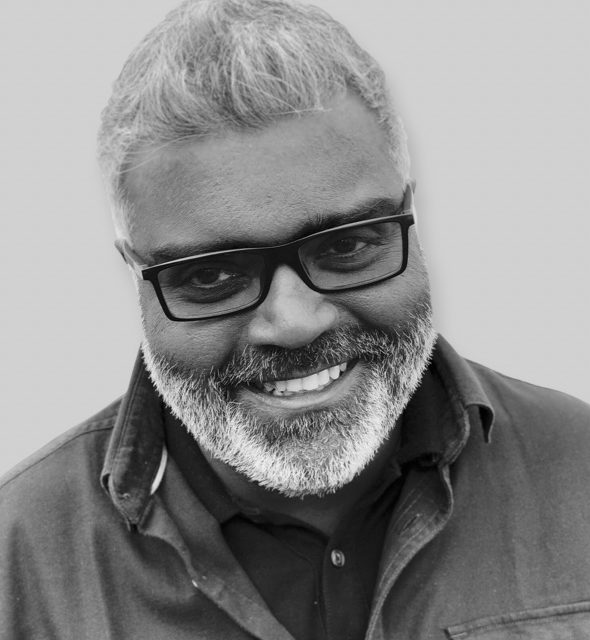
MCC Leadership Coach at The Human Connection cc
Before moving into coaching on a full-time basis I spent 20 years in a corporate setting, holding line management positions in both a head office and operational environment.
This has stood me in good stead as an Executive Coach as I understand and appreciate what it means to work in a corporate environment. I work with leaders to help them be more self-aware, build skillful relationships, and deal with complexity and strategic challenges resulting in improved business practice.
I have coached leaders of global companies at the Executive and Senior management level in a cross-section of functions. Some of the organizations I have worked with are Toyota, British American Tobacco (SA), Microsoft Internationally, Woolworths, @ Home, Old Mutual, KWV, Juta Publishers, The Body Shop, Standard Bank, and senior officials in Government.
I have a passion for coaching to become a profession and work with Alan Sieler from The Newfield Institute, Australia, and Wendy Palmer from Leadership Embodiment in the USA to make a contribution in the field.
Specialties: Executive Coaching; Leadership Embodiment; Ontological Coaching; Developing Leadership Presence, Leadership, and Team Development
Keynotes:
Accessing the wisdom of the body in life and coaching
Description:
One way of thinking about power is the capacity to take new and different actions. Our capacity to take new and different actions lives in our bodies, of which our brain is part. Our bodies and we are not separate, they are one and the same. And yet the way we speak and think about our body, in many cultures, has created a separation limiting access to its intelligence and wisdom.
By paying simple attention and tapping into the gift of our bodies, we can use it to open up new learning and pathways for how we experience ourselves, our relationships, and our environment. In doing so we can increase our capacity, know ourselves better, accomplish what we want, and experience more fulfillment.
In this webinar we explored why paying attention to the body matters, a simple way to observe the body, embodied experiential learning, and a way to tap into the body in coaching.
When we choose to spend one hour, it’s giving one hour of our life. A yoga teacher, ICF-MCC and Ontological Coach, Karen, shared how working on the body in addition to language and emotion can be life-changing. Karen also helped participants to experience working with the body and to experiment and explore more on it.
- Our bodies are with us all the time. Our brain and body are not separate.
- Ontological coaching is an amalgamation of working with the body in addition to language and emotion.
Fundamental Ontological Practice
- What’s going on with you right now?: Thoughts? Emotions? Body/physiology?
- Many people are in line with what’s going with their bodies. And for many, it takes time to notice what’s happening in our body.
- The way we are culturalized and socialized is to ignore what’s happening in our bodies.
- Becoming more aware of certain aspects of our way of being all of a sudden opens up a pathway.
Many of us neglect our bodies
- For many of us, paying attention to our body and biology has at best been neglected and at worst ignored and repressed, often leaving us feeling like we are deficient in some way.
- We are as much our body and biology as we are our intellect, emotions, relationships, culture, wisdom, and spirituality.
- When we integrate these elements, we become more functional and skillful and can live our lives more choice-fully and meaningfully.
Way of being:
- Language: Generates Reality
- Emotions: Predispositions for action
- Body: Embodiment of who we are and what is possible for us
- We are generating reality through language in terms of the way we speak to ourselves about ourselves.
- Listening is a crucial part of the language. And to be influential, we need astute listening skills.
- Our emotions inform the action we would take.
- Our body informs the way we experience ourselves, the world, and whether we are able or not able to do it at any given point in time. We each have a unique way of embodying.
Our body is dynamic. And this opens incredible choices for us to make a shift in our bodies. And to experience something different.
Practices
- We make our habits, and our habits make us.
- When we are born, we learn how to crawl and walk. Our bodies are automatically spontaneous and fluid. Over time, through our family, society, and the things we engage within the world, we learn habits. And these habits become a part of us. We embody them. They become automatic.
- A practice is something we do intentionally, regularly, and repeatedly to develop and cultivate new habits and states, and over time an expanded Way of Being.
- Practices include every aspect of our “Way of Being.” However, for lasting change, practices that are embodied stick.
- For embodiment to occur, there needs to be congruence and integration with body, emotion, and language. Working at the level of the body can enable this exponentially.
- A change in our body allows our shift in perception.
Breathe, balance, inquire, relax.
- Breathe – Longer exhale
- Balance (energy) – presence
- Inquire – What if I had a little more (quality)….?
- Relax (Using Gravity) – Shoulder and Jaw
Rationale for the Body
- Our bodies are the slowest yet have the most profound effect for change.
- Through our nervous system, we act and behave in the world. And that change can happen.
- Our posture alignment, muscle tension, and breathing are all reflections of our nervous system in action. By making small changes in them, we can start changing our perceptions.
- If we don’t pay attention to our habits, we cannot make any changes.
- So, becoming aware of our habits is the first step towards embodiment. Recognizing habits that are useful for us and ways of embodying them and practices can support us to have a body that allows us to be at its most resourceful.
We can’t change what we don’t know.
- We’re always practicing something.
- Something for us to consider is…what we are practicing in terms of our embodiment…
- Is that giving us the results we want?
- Is that giving us the emotional state we want?
- Once we identify these, we become aware of shifts that can support us with what we want to do in our lives. And over time, that can become an embodiment.
Q&A:
When we are in a coaching session, sometimes, we ask the client about their current sensations. Most of them answer “Nothing.”
- Asking clients to tune into a sensation, especially when they’ve never done it before, they’re unlikely to have a vocabulary.
- And hence as coaches, it’s crucial for us to have a vocabulary, to be aware of the body.
- Instead of sensations, we can ask, “How are you holding your body?” We can cue them.
- Are we leaning forward? Are we standing? What’s our connection to the ground? Where are we relaxed?
- As coaches, expecting our clients to know v/s actually help them discover those cues can be powerful.
📣 A big shoutout to Karen White for sharing why focusing on the body matters and how we can tap into the wisdom of our bodies! Catch up on our conversation with Karen here: https://youtu.be/1gDFyOjpN84
Subscribe to our YouTube Channel to level up your coaching skills and get insights from coaches all around the world.
Stay tuned for the next episodes!




